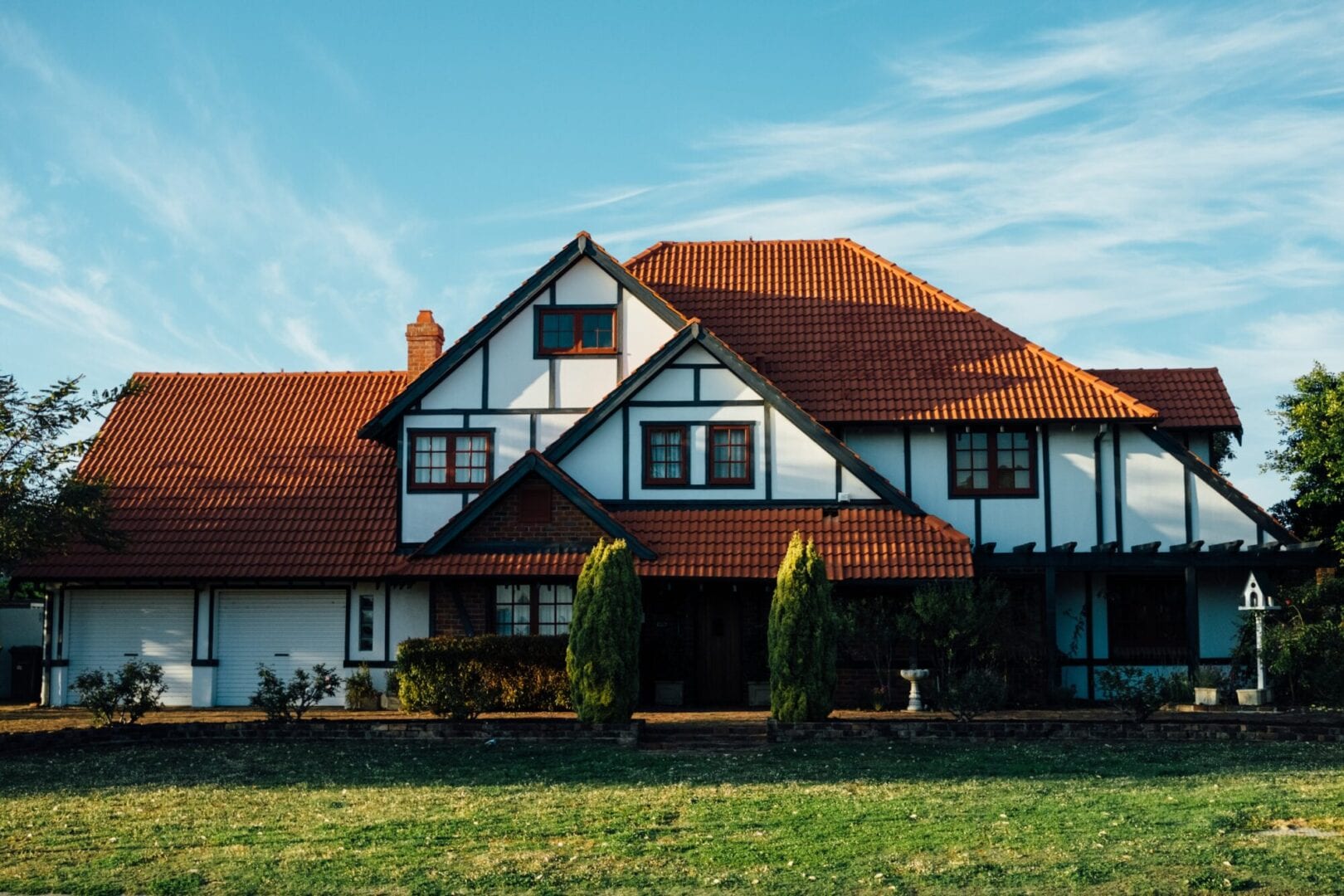What is a Sober Living House?
A Sober Living House is a home designed to provide individuals in recovery with a safe, clean, drug and alcohol free environment. Sober Living Homes provide occupants with a community of other individuals working to main sobriety in a supportive environment with structure and accountability. These homes serve a critical component for individuals in transition from in-patient treatment on the way to independent living. While living in a Sober Home occupants become employed, create long term relationships, get involved in the local community and practice life skills learned in treatment. The average stay ranges from 3 to 12 months.



